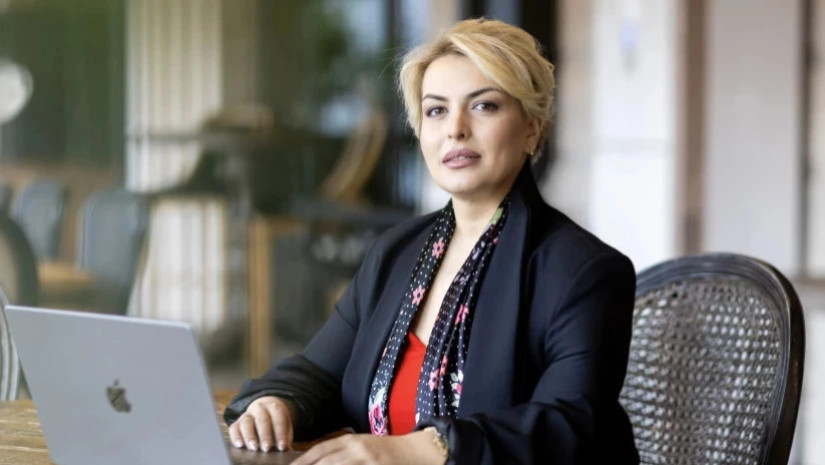Lawyer, civil law specialist and business advisor Gvantsa Zhorzholiani spoke about the rules of questioning, interrogation and search of a minor in the "Your rights with Gvantsa Zhorzholiani" column of the "Commersant" radio station.
The lawyer explained the rights of juveniles during investigation.
“It is illegal to interrogate a minor or child without the presence of his legal representative or parent. They also have the right to ask for a lawyer. A minor has the right to receive free legal assistance if the family is insolvent or solvent but the crime involves cases such as against life, health, torture, sexual integrity, degrading or inhuman treatment.
Minors should be provided with appropriate food and drinking water at least every four hours from 8am to 22pm. It is illegal to interrogate a minor at night from 10pm to 8am.
In order to protect the interests of a minor, a psychologist can be involved, so the legal representative, if he sees that the child is emotionally burdened, suffering, nervous, has the right to ask for a psychologist from the prosecution,” the lawyer says.
It is illegal to simultaneously interrogate or confront minors.
In the lawyer’s words, a parent has the right to interrupt the investigator and refuse the interrogation at any time, since it is voluntary, if the parent believes that this process too negatively affects the child, he has the right to stop the interrogation.
As she explains, the questioning is voluntary and a person has the right to refuse it without being held responsible for it. A person will also not be punished for giving false testimony during the investigation. But interrogation is a duty that arises for a person after appearing in court. A person does not have the right to evade answering questions, and bears criminal responsibility for giving knowingly false testimony.
“What they have in common is that in both cases I can use the right to remain silent, I can use one telephone call, I also have the right to receive medical care and, of course, a lawyer,” Gvantsa Zhorzholiani notes.
She also talked about the cases when law enforcement officers have the right to conduct a search and how it differs from a superficial inspection.
“A representative of a law enforcement body has the right to carry out searches only by a court decision or an order of an investigator.
Any police officer has the right to conduct cursory searches, including touching clothing with his hand or a detector.
During a search, the police can seize only items listed in a search warrant,
such as a telephone, etc. A person has the right to ask for a lawyer during a search, and can also request a video recording of the search on his mobile phone or on a witness’s one,” the lawyer points out.
In case of violation of the law by law enforcement officers, citizens have the right to contact a public defender, state inspector’s office or the inspection service of the Ministry of Internal Affairs.


















